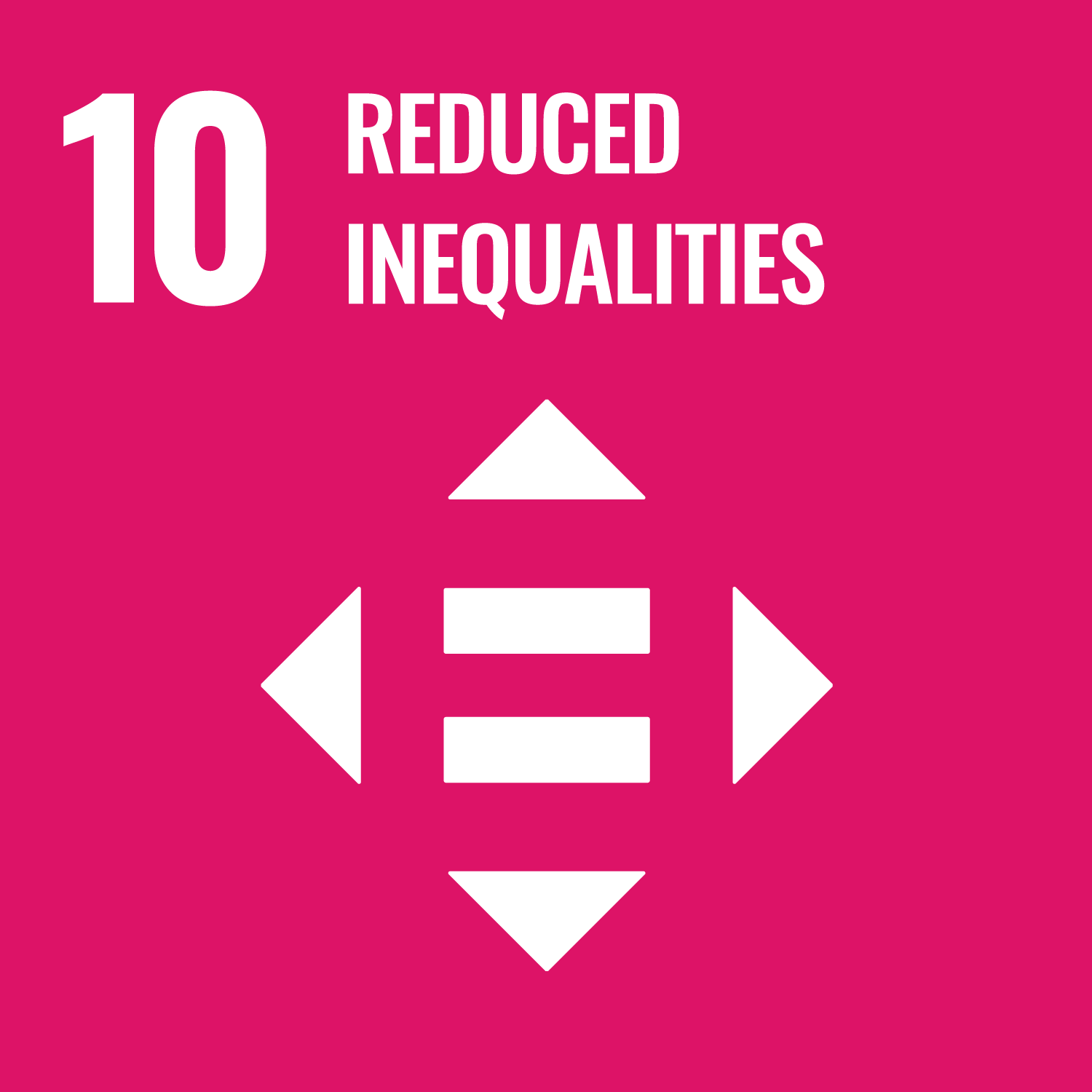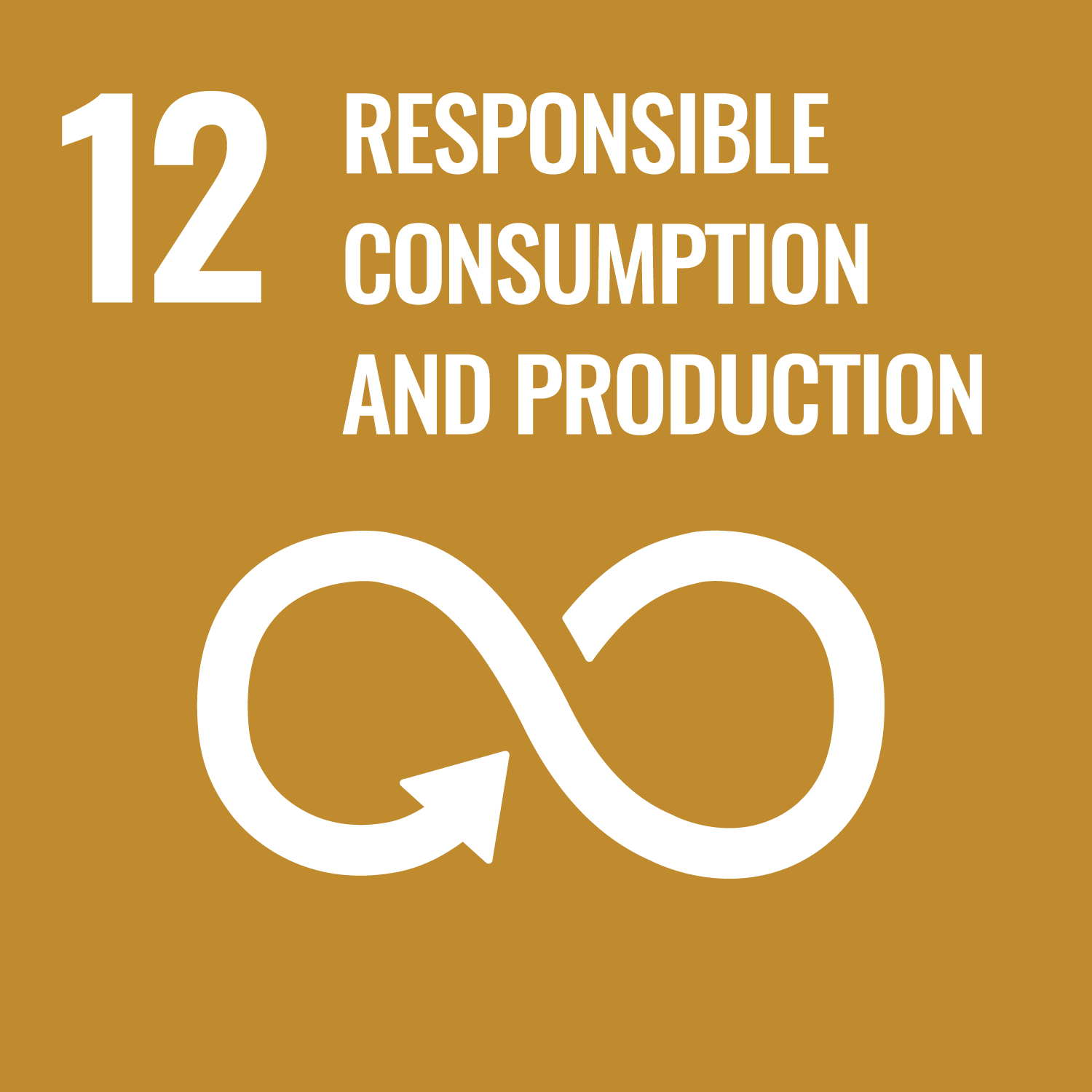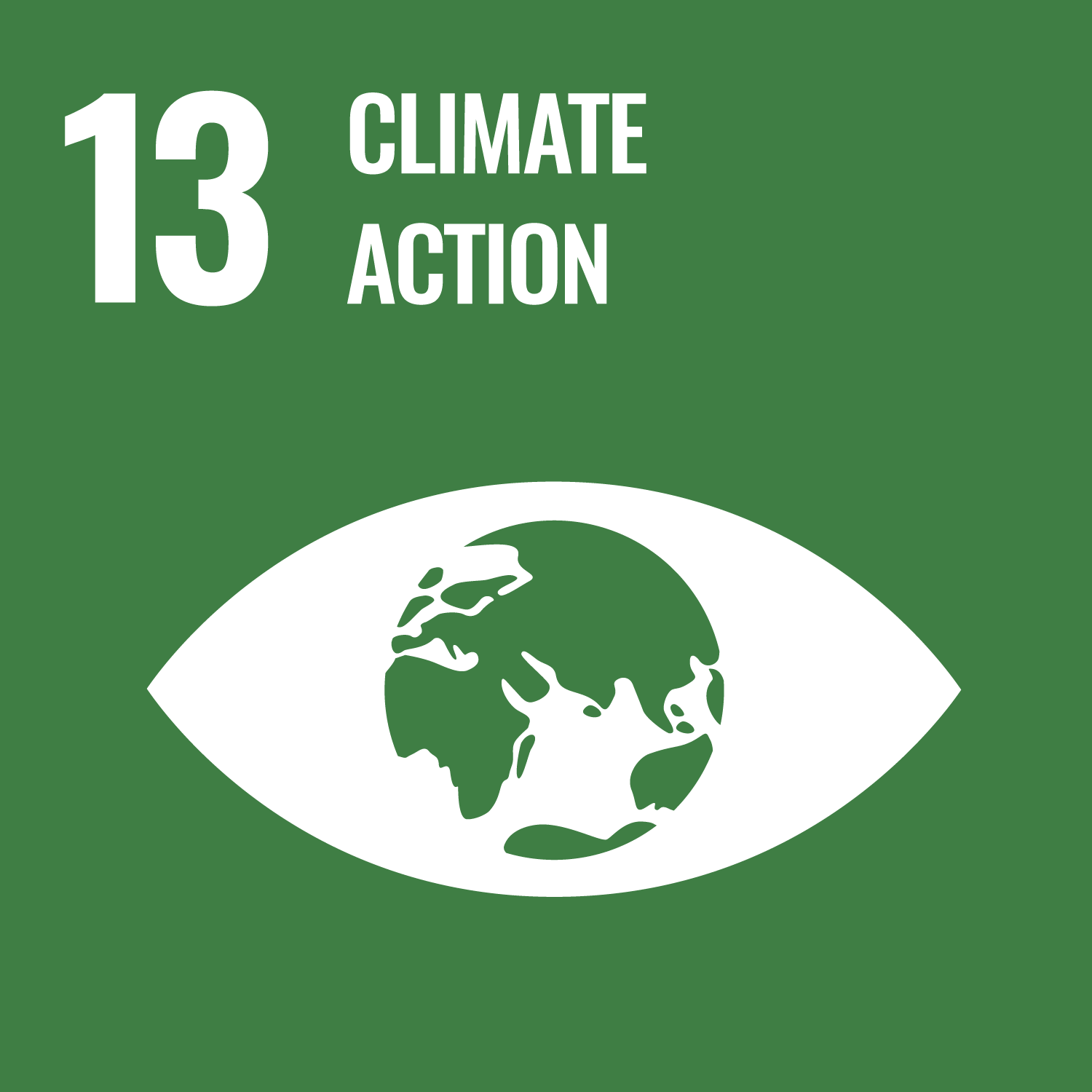Models of Distributive Justice
Philosophical disagreement about justice ranges over at least two questions. The most immediate is a substantial question, concerning the conditions under which particular distributive arrangements can be said to be just or unjust. The second, deeper, question concerns the nature of justice itself. What is justice? Here we can distinguish three views. First, justice as mutual advantage sees justice as essentially a matter of the outcome of a bargain. There are times when two parties can both be better off by making some sort of agreement. Justice, on this view, concerns the distribution of the benefits and burdens of the agreement. Second, justice as reciprocity takes a different approach, looking not at bargaining but at the idea of a fair return or just price, attempting to capture the idea of justice as equal exchange. Finally justice as impartiality sees justice as ‘taking the other person’s point of view’ asking ‘how would you like it if it happened to you?’ Each model has significantly different consequences for the question of when issues of justice arise and how they should be settled. It is interesting to consider whether any of these models of justice could regulate behaviour between non-human animals.Article
| Item Type | Article |
|---|---|
| Additional Information | Citation: "Empathy and Fairness", 165-70. |
| Keywords | Distributive justice, Impartiality, Animals |
| Subjects | Philosophy |
| Divisions | Institute of Philosophy |
| Date Deposited | 08 Oct 2010 10:24 |
| Last Modified | 05 Aug 2024 10:32 |
-
picture_as_pdf - J_Wolff_Justice.pdf








